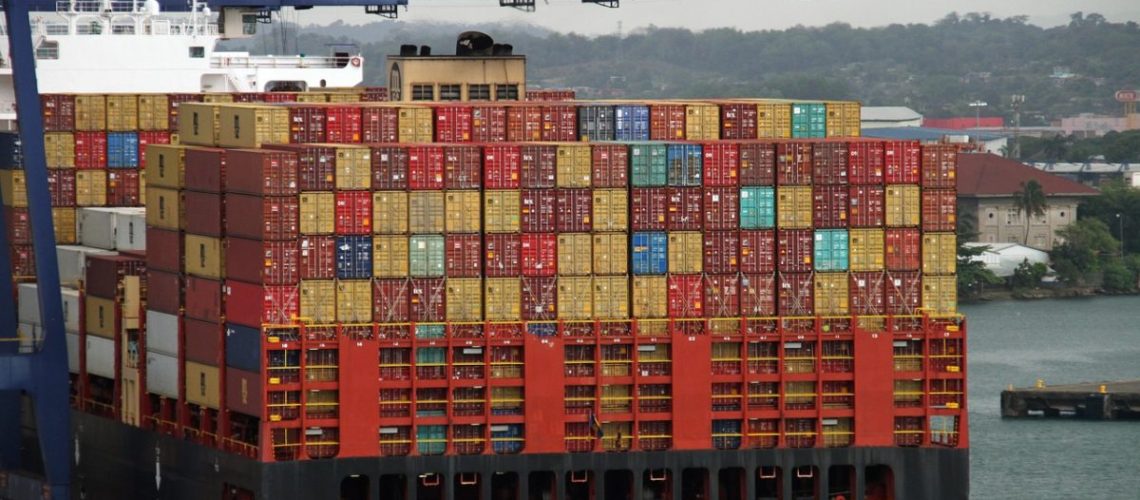Auxin Solar filed the anti-circumvention petition against Vietnam, Malaysia, Thailand, and Cambodia, said an industry note from Philip Shen, managing director at ROTH Capital Partners.
Another round of anti-circumvention cases have been filed against Malaysia, Thailand, Vietnam, and now Cambodia, reports ROTH Capital Partners in an industry note. US-based panel assembler Auxin Solar added its name to the petition.
This comes just months after the Commerce Department tossed out an earlier similar request by an anonymous group of solar companies that sought tariffs on a handful of companies that import modules. About 80% of US crystalline-silicon modules are shipped from Vietnam, Malaysia, and Thailand. Auxin claims Chinese manufacturers are shipping cells to these countries to avoid paying tariffs that have been in place since 2012.
ROTH said under this case, all crystalline-silicon modules from each of the four countries could be subject to a tariff. Unlike the first case, this one is designed to be focused on entire countries, rather than specific companies. This new petition adds Cambodia, as Auxin claimed Chinese companies were moving operations to the country in anticipation of tariffs. Historically, Cambodia contributes less than 3% of all US C-Si module imports.
Thin-film modules are exempt in this petition. The ROTH note said the new filing “cures all the deficiencies” of the first anti-circumvention case. It said that this filing was a numerically based decision.
The note added that the Department of Commerce is expected to take on the case. The Biden administration may not have the same ability to block the tariffs as in Section 201, as there are procedures in place to prevent interference, it said.
Even if the case is denied, ROTH said there is significant risk of other strategies being taken by the petitioners. In a webinar, ROTH explained how the America COMPETES Act could be used in a similar fashion to achieve the group’s goals.
This latest filing may come as bad news for US utility-scale solar developers. The dismissal of the earlier anti-circumvention case was celebrated by Solar Energy Industries Association (SEIA), which vigorously opposed the 2021 request by American Solar Manufacturers Against Chinese Circumvention (A-SMACC) for anti-dumping and anti-circumvention tariffs. In a statement, SEIA president and CEO Abigail Ross Hopper called the decision to reject the petitions a “major victory for America’s 231,000 solar workers.”



